January always has an odd feeling. We usually start back suddenly with little fuss after the excitements of the season. This year the jolt of return was mitigated by the shape of the holiday, but its always cold and dark and prone to exams. Tension for some and confusion for others. I was overwhelmed this week this year, on my perch on the block 4 stairs, by the responsibility of getting the children back and settled, being stable and resourceful for them and – more practically - keeping them warm. Which, as I write, we are managing to do.
So – January - I thought to myself – these blogs will run out soon. What shall I write about in the time remaining? (I pause to allow jubilation among patient readers who now see the light at the end of an eleven-year tunnel and allow themselves cautious pre-rejoicement at liberation to read more useful things from September. Got that out of your system?)
I chartered a course back to my berth at 1511a to write a list, but was temporarily diverted by a football. I’d heard it bouncing indoors contra to local byelaws and despite poor directional hearing pursued it. I read it, if not the Riot Act, certainly the Footballs in Languages Corridors, Prohibitions and Restrictions Thereto Ordinance, and it vanished into the recommended carrier bag. Further distracted by asking the local statisticians if it is true that only 5% of children nationally with under 90% attendance in years 10 and 11 get 5 GCSEs including English and Maths, I embarked on the note to self.
It's twenty-seven weeks until the end of term. Removing four weeks of hols, that’s twenty-three, so maybe a dozen blogs. Currently my list looks like this:
- Vision for the education system and the future
- Vision in schools
- Subjects, content and a broad and balanced curriculum
- Teachers
- Education and social mobility and social justice
- The genus and genius of school governors
- Behaviour and zero tolerance
- Uniform
- Safeguarding and mental health
- Progress, learning, exams and results
- Accountability and inspection
- Funding and government
- Ethics and what kind of people are we
- Comprehensive schools as models for a better world
- SEND
- Competition between schools
There was a game in the 90s we used to pass the time on long journeys. I think it started on I’m Sorry I Haven’t a Clue on Radio 4. Called ‘One More Ninja’, you had to add it to the front of a title of another film or play or book to general hilarity. One More Ninja On Golden Pond. One More Ninja Barbie (or Oppenheimer). One More Ninja Frozen. How we laughed. Looking at the list above, you could do something similar. Being kind, you could add ‘What the government has done about’ to all of the above. Being exasperated you could have ‘How the government has turned ………….. into [something unrecognisable]’.
I’m making no promises about sticking to the list, mind. I’ve the attention span of a gnat and can be…Oh did I say? The football then reappeared, alone, outside my door, as if seeking refuge. It's currently resting under the table pending further developments.
Later, I was talking to someone just starting a first headship. They were pretty chipper about it all but seemed obsessively worried about parents. Will parents be angry? obstructive? how should I tackle them? all of which surprised me. It seemed to be expecting trouble where none is necessary. Parents, carers, children are human beings too. Try to treat them how you’d like to be treated. Its not a guarantee of perfection because we all get cross or crass, but it should at least set the tone.
Speaking of which, there was much left to be desired while some parts to be admired in the Shadow Secretary of State’s speech this week. Talking about that sometimes difficult relationship, Bridget Phillipson spoke of
too many parents saying all they hear from schools are requests or warnings, the relationship between schools, families and government has changed for the worse. And the government has spent year after year sitting by-frankly, sitting back.
Which doesn’t say much for me, if you look at the list. Where’s the bullet
- Partnership with families?
So, as I peruse the list and the future, let me just say thank you to all the families who talk with us and help us, who share their worries, their lives, their children and their footballs with us. More on this to come. Happy New Year!
CR
11.1.24
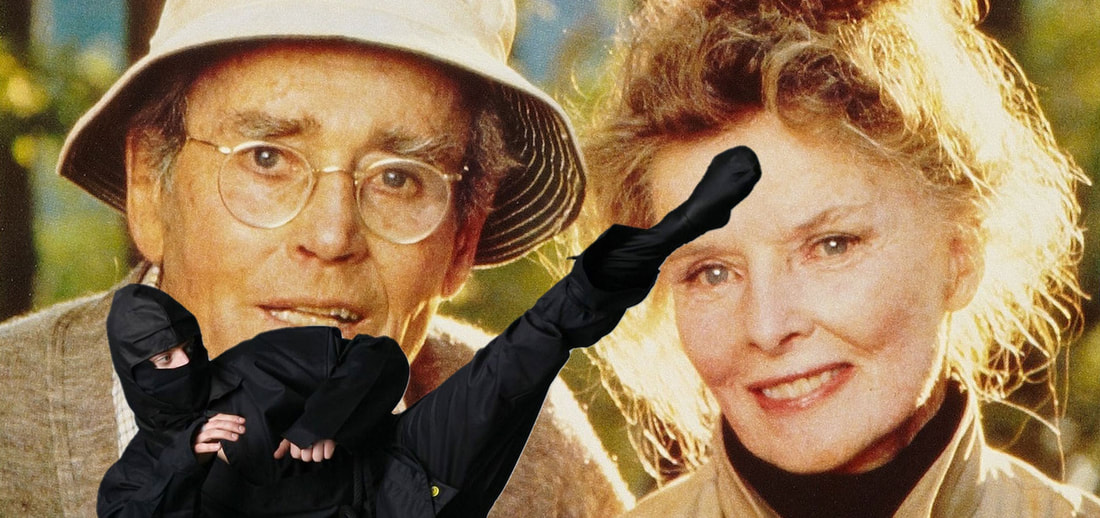
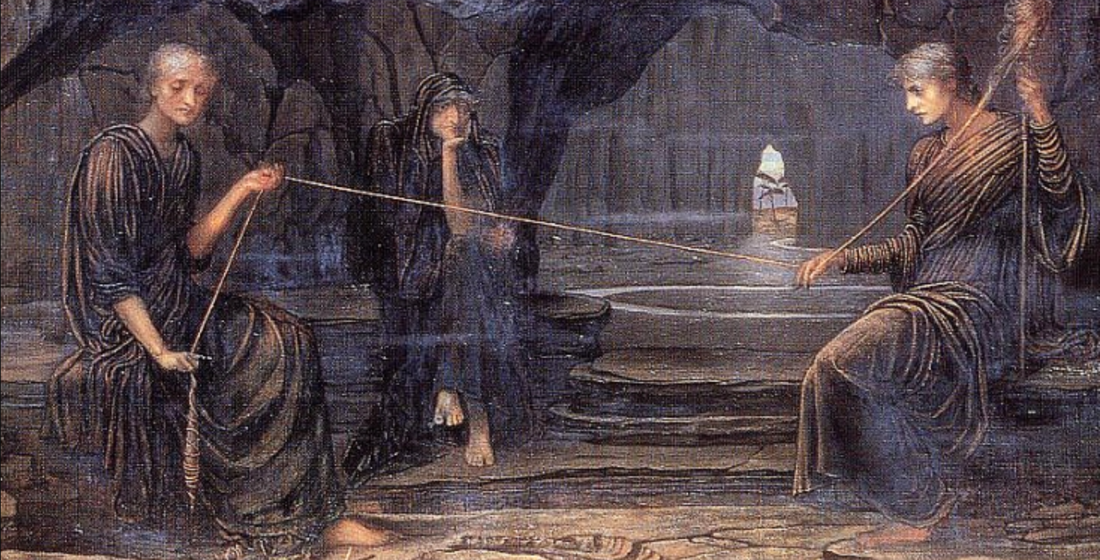

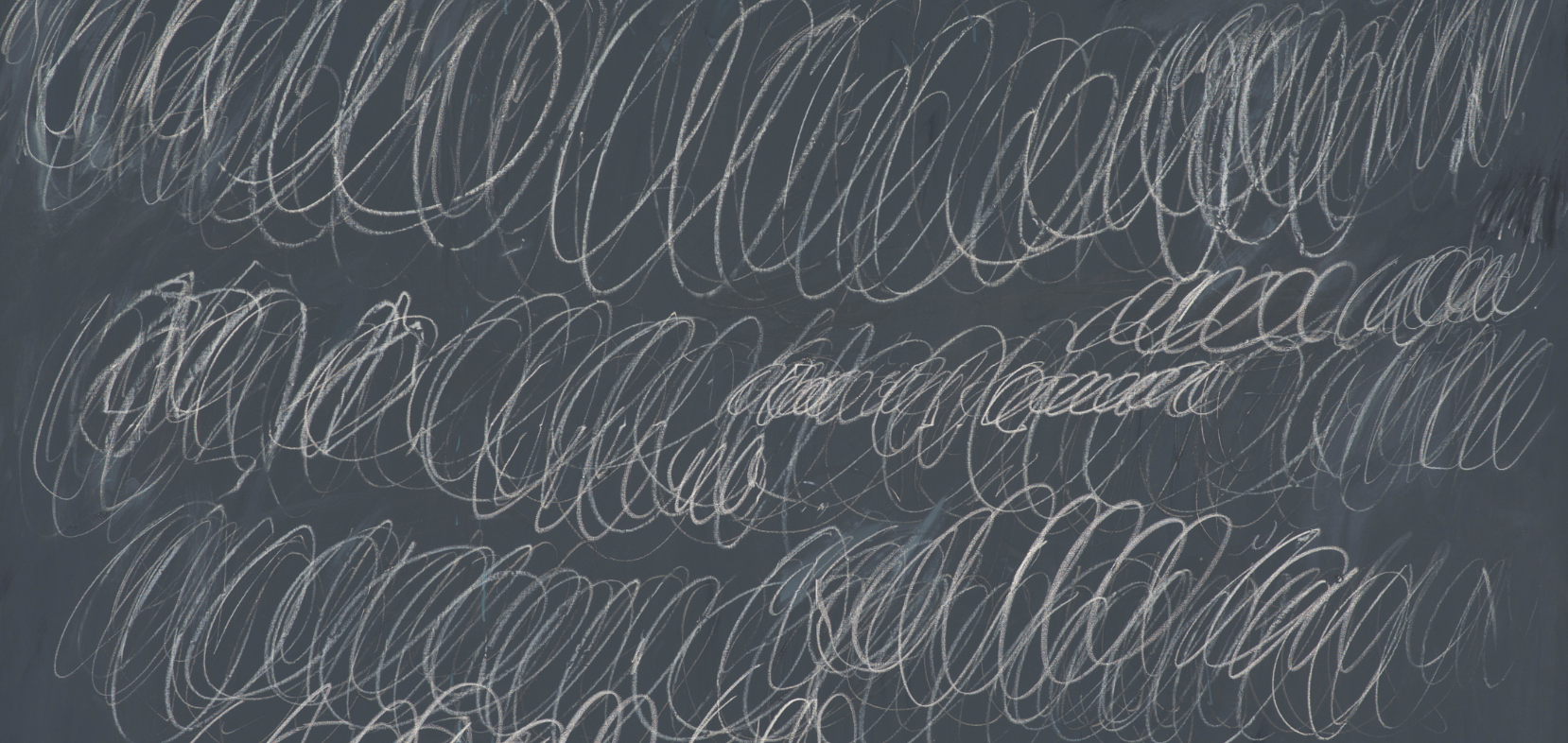
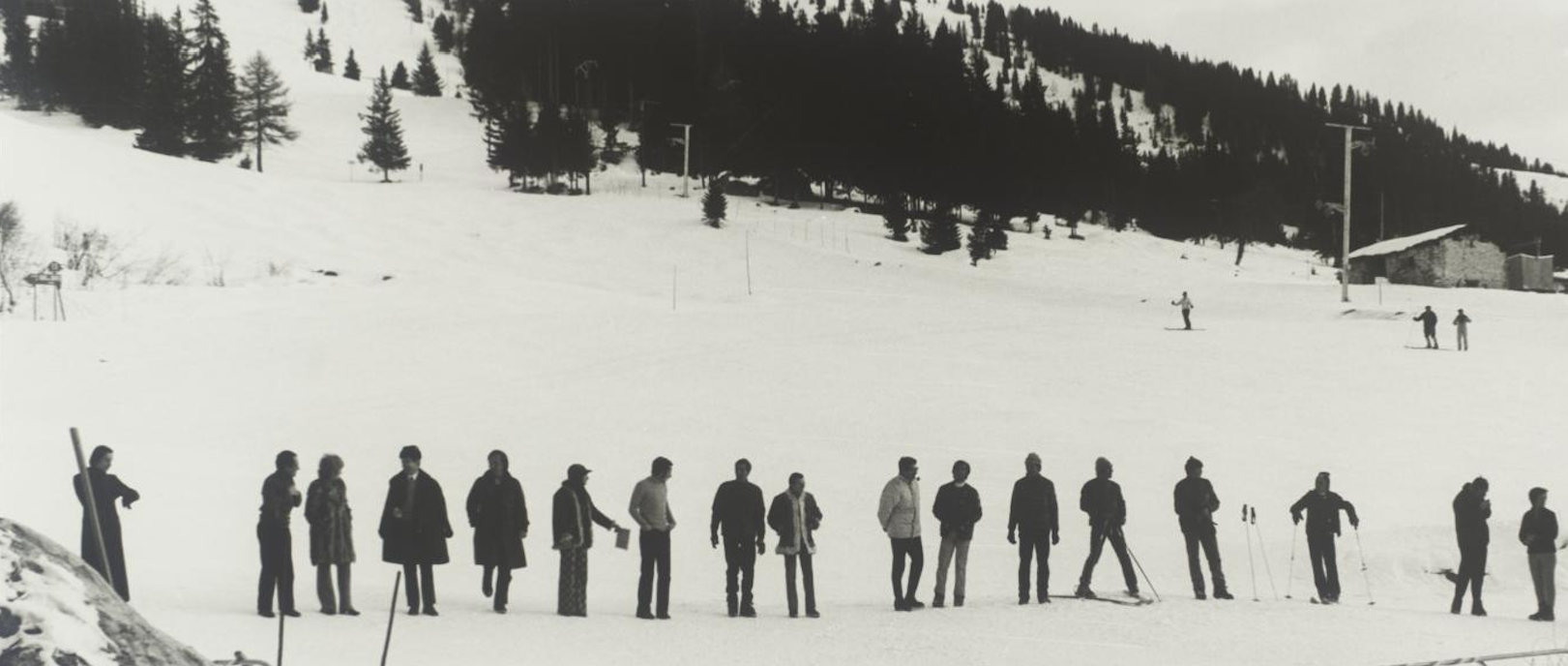

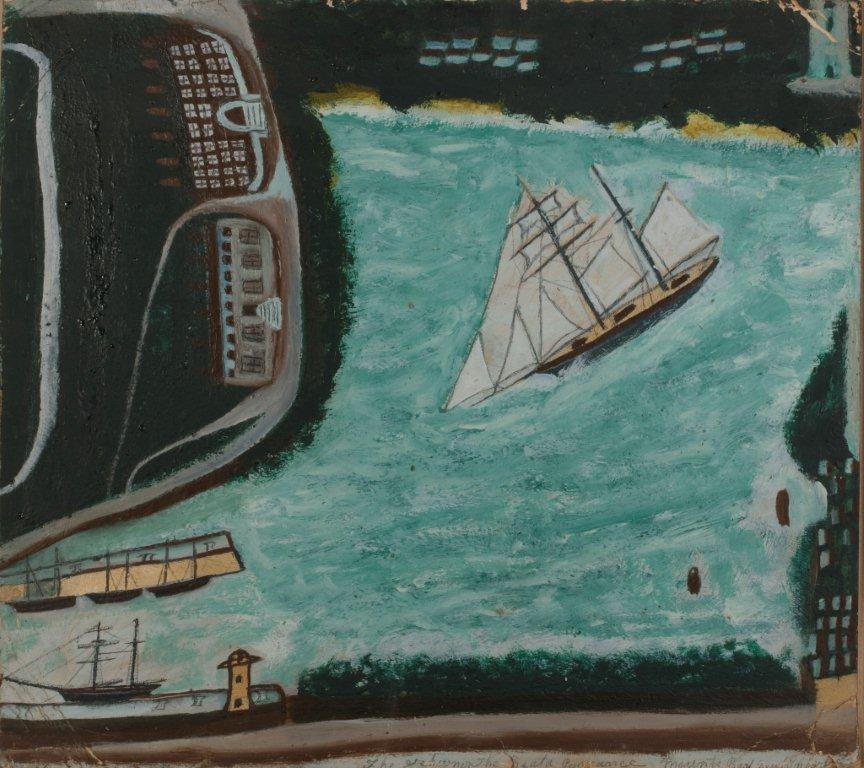
 RSS Feed
RSS Feed